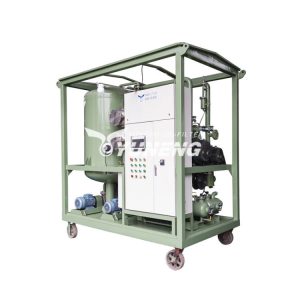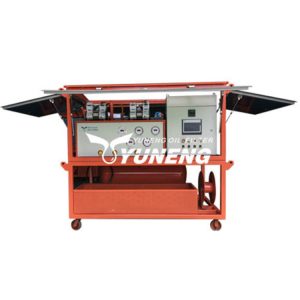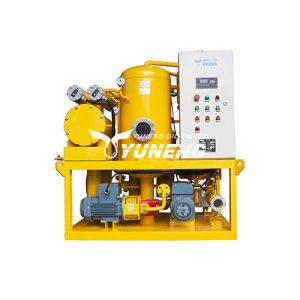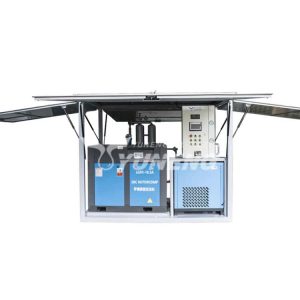
5 Important Factors of Choosing an Oil Filtration
- 2021-10-21
If you are now working on how to get your oil filtration in a perfect performance, you may want to know what are the most important factors to consider when purchasing an oil purifier?
Since there are many options and prices on the market, choosing the right oil purifier can be a challenge. Usually, those who buy oil purification machines make choices based only on price and are willing to sacrifice filter performance and service life in the name of short-term savings. However, this is a mistake; cheaper filters are less efficient and need to be replaced more frequently. Although they are more expensive, high-quality filters last longer and are more efficient, saving money in the long run.
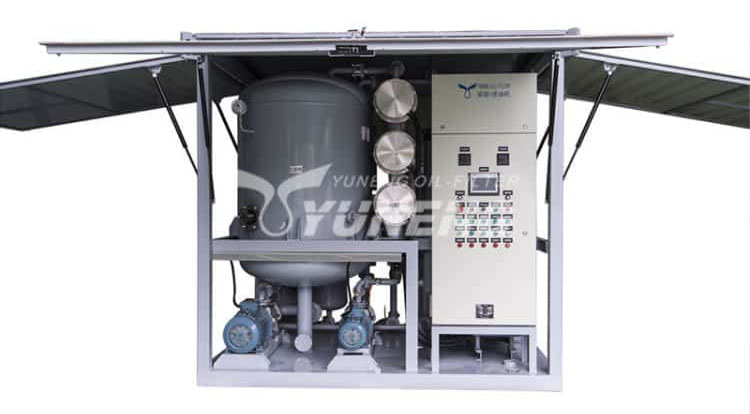
When presenting their products, filter manufacturers use terms such as dirt holding capacity, high flow rate, and capture efficiency, all of which can confuse you if you are not familiar with these terms. Ultimately, you will want to choose filters based on the factors that are most important to you and your operations.
Terms Are Important to Consider When Choosing Oil Purification Machines:
1. Flow rate
the amount of oil that can pass through the filter in a given time.
2. Filter media
the material used to capture contaminants inside the filter.
3. Pollution holding capacity
the number of pollutants that the filter can hold before it fails.
4. Capture efficiency
the filter’s ability to capture and retain particles of a specific size; usually expressed as the filter’s Beta ratio.
Mostfilter manufacturers will run their products through a series of tests designed to capture particles of specific sizes. They measured the number of particles downstream of the filter and compared it with the total number of particles initially introduced during the test. The test result is displayed as the Beta ratio at a given micrometer size. A filter with a Beta ratio of 75 or higher is considered an absolute filter (it captures particles of a given size at a rate of 98.7%), and a filter with a capture rate of 90% or lower is considered a nominal filter Maker (Beta ratio of 10 or less).
5. Machine’s Application
When selecting a filter, the application of the filter and the fluid used must be considered. For systems that require cleaner lubricants, such as turbines and hydraulic systems, higher quality filters should be sought. For example, the specifications of a hydraulic system may require a 4-micron filter with a beta ratio of 2,000-which means that
the filter can remove 99.95% of 4-micron particles.
Even after considering all of the above factors, there are still more unique factors that may affect your specific filter needs. Once you have identified the most critical factors for your application, you can ask your suppliers for help or find out what they can provide.

